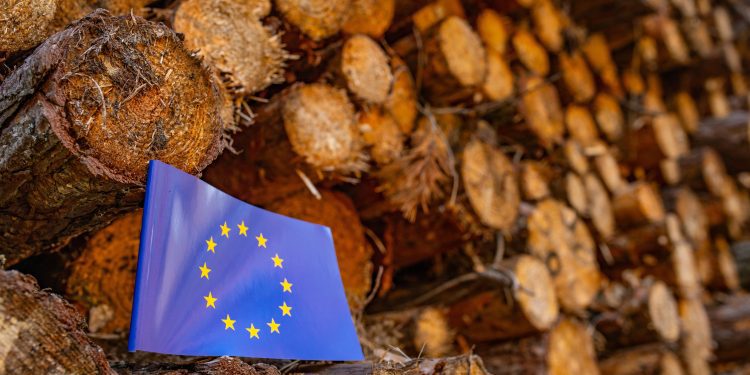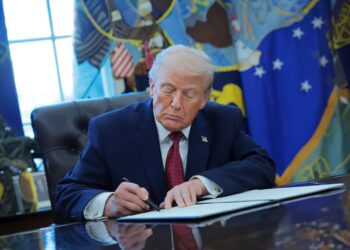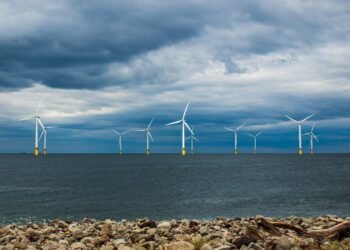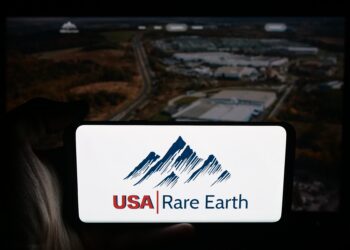The European Union is getting ready to retaliate for tariffs under Trump 2.0. Politico reported in October that Brussels has convened a “Trump task force” to look into ways to strike back against new U.S. duties on European goods.
Fair enough, but Brussels should also worry about its own provocative policies, one of which is the European Union Deforestation Regulation. While Trump’s instinct won’t be to greenlight this for World Trade Organization litigation, he should.
What is the European Union Deforestation Regulation?
It’s a regulation aimed at keeping products that contribute to deforestation from being imported to, sold within, or exported from the 27-country bloc. It covers trade in cattle, cocoa, coffee, palm, rubber, soya and wood, and requires firms to submit “due diligence” statements on the risks they pose with respect to deforestation across their supply chains.
The EU says it will incentivize sustainable practices and help fight climate change. Many of the EU’s trade partners see things differently. They worry the costs of compliance will hurt their exporters.
These costs are expected to range from 0.29 percent to 4.3 percent of the value of imports but could be far greater if upstream suppliers can’t afford to implement the requisite auditing systems.
This past June, the U.S. and 16 other countries raised what are called specific trade concerns at the WTO’s Committee on Technical Trade Barriers. Specific trade concerns are often a precursor to litigation.
The U.S. said that the EU was “woefully unprepared” to roll out the European Union Deforestation Regulation and that doing so prematurely would “have substantial consequences for global supply chains and food security.”
Using tariffs would elicit retaliation and increase trade policy uncertainty for countries that have sided with the U.S. against the European Union Deforestation Regulation.
Trump could push for a bilateral deal to exempt some U.S. exports, but the EU has shown no interest in violating WTO rules to carve out special deals under its carbon border adjustment mechanism, for example.
Recall that in Trump’s first term, his administration filed WTO cases against Canada, China, India, Mexico and Turkey. The optics of going on the offense while vowing non-compliance on the defense aren’t great, but positive results on the European Union Deforestation Regulation, including by reaching a negotiated solution in consultations, may persuade Trump to give multilateralism a closer look. U.S. agricultural exporters desperately need the WTO to be allowed to work.
The U.S. could get a third country, like India, to file against the regulation. But this wouldn’t yield the political dividends at home he’d otherwise get from U.S. soya producers still waiting to be made “whole” after Trump’s withdrawal from the Trans-Pacific Partnership and trade war with China.
It will be key to start a substantive dialogue on the European Union Deforestation Regulation quickly.
View the full article by Marc L. Busch here / Courtesy The Hill












